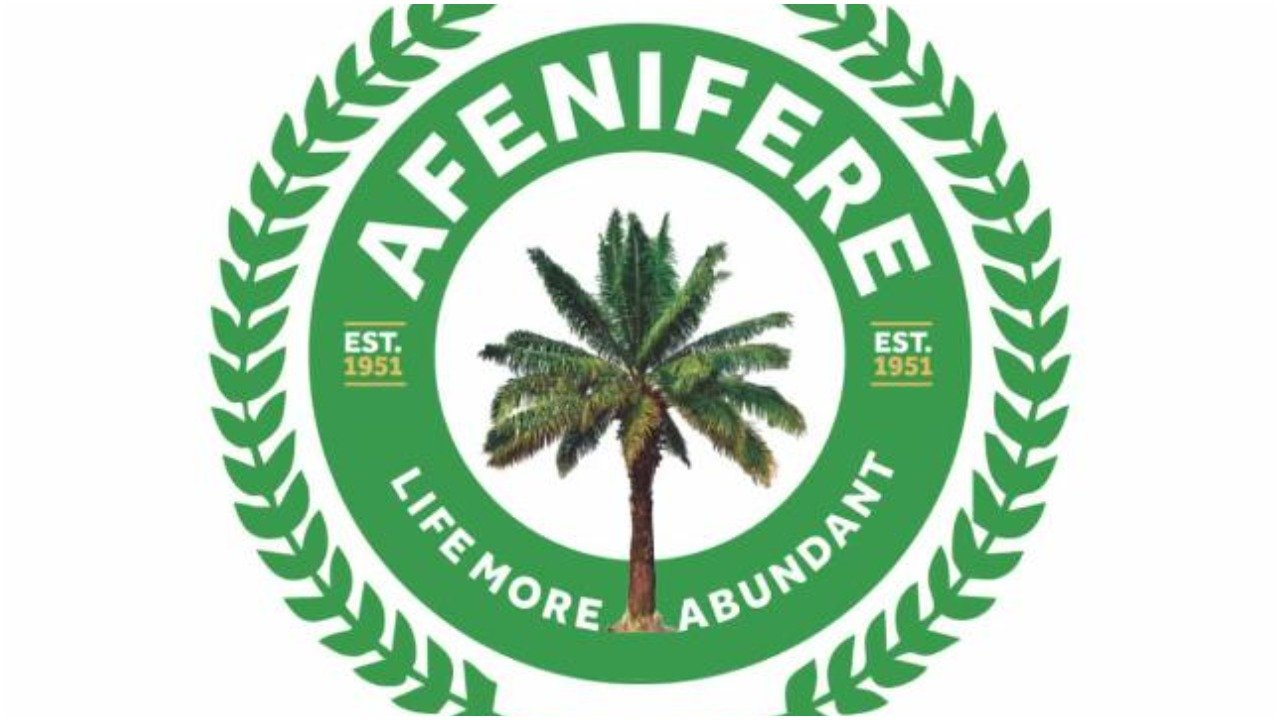Afenifere Warns Of Security Risks From Skyrocketing Energy Prices.
The pan-Yoruba socio-political organisation, Afenifere, has raised concerns about the negative impact of rising energy costs on Nigeria’s economy, health, and security. In a statement issued on Saturday, the group highlighted the severe consequences of the escalating prices of fuel, gas, and electricity.
Currently, a litre of petrol costs between N1,000 and N1,400, while a kilogram of cooking gas sells for about N1,500. These prices represent a sharp increase from 2023, when petrol was priced at N197 per litre and gas was about half its current cost.
Afenifere’s National Publicity Secretary, Jare Ajayi, pointed out that energy is a crucial driver not only of the economy but also of health and security. He warned that the high cost of energy is forcing many Nigerians to make difficult choices that may endanger their well-being. For instance, those who cannot afford transportation, proper heating or cooling in their homes, or adequate energy for cooking may face serious health risks.
Ajayi also noted that the rising cost of energy is pushing many businesses to the brink, which is contributing to higher unemployment. This, in turn, is leading to an increase in crime rates and insecurity, as those without jobs are more likely to turn to criminal activities.
To alleviate the pressure on Nigerians, Afenifere called on the Nigerian National Petroleum Company Limited (NNPCL) to fulfil its promises of revamping the nation’s refineries, particularly the Port Harcourt refinery. The group stressed that despite numerous promises since 2022, none of the deadlines for refinery repairs have been met.
Ajayi also cited comments made by Haitham Al Ghais, Secretary General of the Organisation of Petroleum Exporting Countries (OPEC), who noted that various taxes, rather than market prices, were responsible for the high cost of fuel in Nigeria. Afenifere urged the NNPCL to reverse its recent price hikes and ensure that local refineries begin production immediately.
Furthermore, the group advocated for home-grown policies that would strengthen local businesses, encourage innovation, and reduce Nigeria’s heavy reliance on imported goods. They cautioned against following prescriptions from international institutions such as the World Bank, noting that these policies often fail to deliver timely relief. Afenifere called for a greater focus on agriculture, local manufacturing, and tackling insecurity to ensure a more self-reliant and prosperous future for the country.



